TEHRAN(Bazaar) – William O. Beeman, Professor Emeritus of University of Minnesota, says President Biden cannot afford politically to be seen to be "soft" on Iran.
He adds: “Iran is condemned by both major political parties in the United States, and he was compelled to announce that the United States would continue to be "tough" on Iran.”
Following is the text of the Bazaar interview with Professor William O. Beeman.
Q: The issue of prisoner exchange between Iran and the United States was carried out. Will this have an impact on the revival of the JCPOA?
A: The prisoner exchange may have some positive effects regarding the JCPOA, but it also has a negative impact. For one thing, the $6 billion in frozen Iranian assets in South Korea was part of the bargaining elements in the renewal of JCPOA discussions. Now that money is gone, so that reduces the number of bargaining chips that Iran has. The dual national prisoners that the United States also wanted released was also part of the JCPOA renewal negotiations. These bargaining chips are now also gone. So, in some sense both the United States and Iran are back to ground zero fundamentals in renewing the JCPOA agreement. It remains to be seen what will be "on the table" if discussions proceed.
Q: Washington has announced that it does not consider the prisoner exchange agreement with Iran to be a confidence-building step between the two countries. What is your assessment of this issue?
A: Washington cannot acknowledge this prisoner exchange as anything where the United States is being "rewarded," or "benefiting" from Iran's largesse. In the political calculation in Washington, Iran's holding of prisoners was a violation, and was unjustified and perhaps even "illegal." Therefore, the Biden administration cannot characterize the exchange as reflecting anything positive about the Iranian regime. To the contrary, Washington characterizes this as Iran deciding to stop unacceptable behavior. Moreover, the United States, as stated above, had to give up two bargaining chips to gain the release of these prisoners--the $6 billion in frozen assets, and five detained Iranians in the United States. Critics of the Biden administration have been very quick to attack President Biden, saying that Iran was the net beneficiary in this arrangement.
Q: President Biden announced in a statement after this exchange that the US will continue to impose costs on Iran for its provocative actions in the region. Could this message mean to remove his government from the internal pressures that condemned him to pay ransom to Iran regarding the release of Iran's blocked funds?
A: President Biden cannot afford politically to be seen to be "soft" on Iran. Iran is condemned by both major political parties in the United States, and he was compelled to announce that the United States would continue to be "tough" on Iran. So of course, this statement was designed to deflect criticism.
Q: What effect will this agreement have on Biden's presidential campaign?
A: Republicans will try desperately to make this a liability for Biden in the presidential campaign. The slogans are predictable--"Rewarding hostage taking," "supporting the mullahs.," "giving Iran ransom." However, Democrats, and a large segment of the American people are sympathetic to the effort to release the dual citizens that were held in Iran, seemingly without justification. Moreover, the message that the funds released were Iran's own money seems to have been widely understood. So, in my estimation the net effect on the election will be zero, because the two rhetorical postures balance each other.
Q: Qatar has expressed hope that this agreement will open the way to solve other issues between Iran and America. Considering the success of this country in this agreement, how likely is Doha to continue this mediation in the field of the nuclear agreement?
A: As I have said continually, from an Iranian standpoint the United States and Iran are in a state of qahr with each other. People who are qahr with each other exhibit characteristic behavior.
1. They don't talk directly, but must use mediators to communicate with each other.
2. Though they don't talk, they still attack each other to others.
3. In order to come to a state of ashti they must be forced into reconciliation by a mediator. Qatar and Oman have been effective vaseteh in several negotiations, just as Germany and Algeria served this function in settling the hostage crisis.
Therefore, in the current qahr state of affairs between the United States and Iran there will always need to be a mediator. The United States doesn't completely understand this process, despite many efforts on my part and the part of others, such as Ambassador John Limbert, to educate the American government about Iranian cultural communication patterns. I will keep trying, but it is hard to convince people who think they are the smartest people in the room to acknowledge that they need to know something about another country's culture.
And as a footnote, Iranian leaders need much better education about United States culture as well. President Rai'si's comments on the use of the $6 billion released funds did not help Iran one bit. If he had been better informed about how to communicate with the United States, he might have made a more effective set of remarks (however, I didn't hear the full comments in Persian--there might have been a mistranslation).









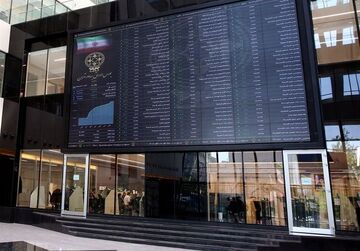


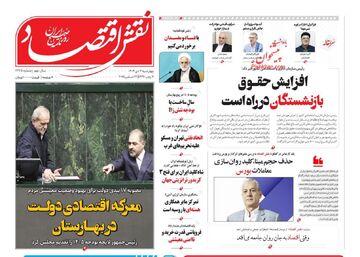
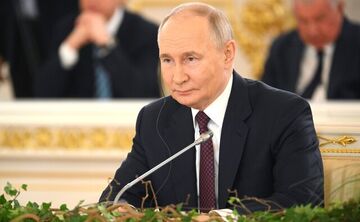
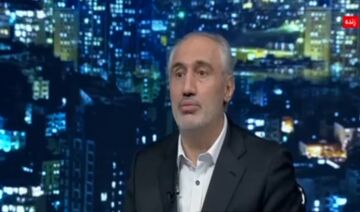
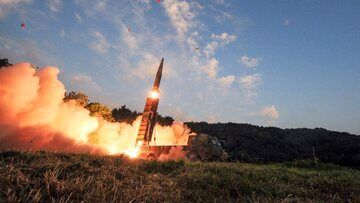
نظر شما